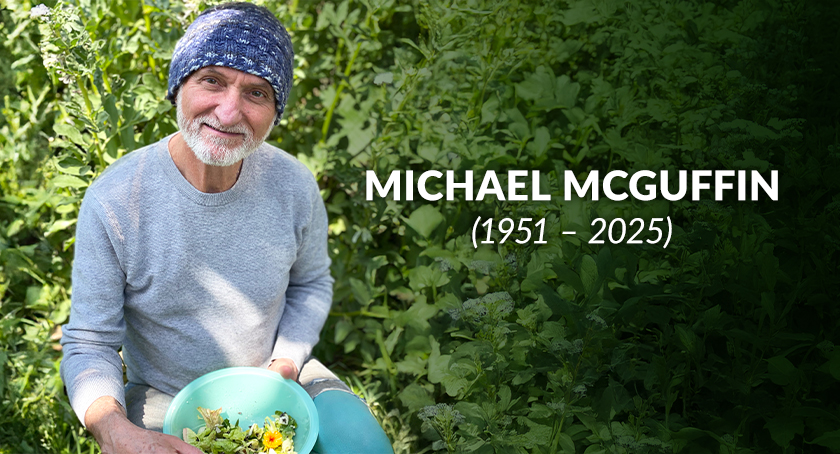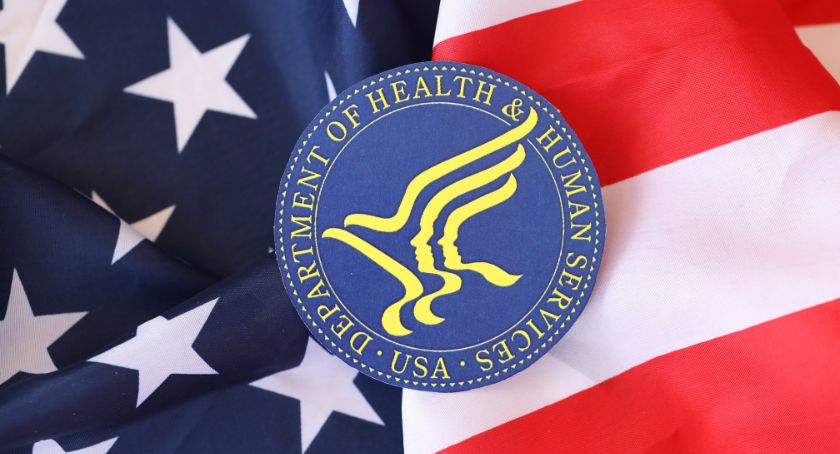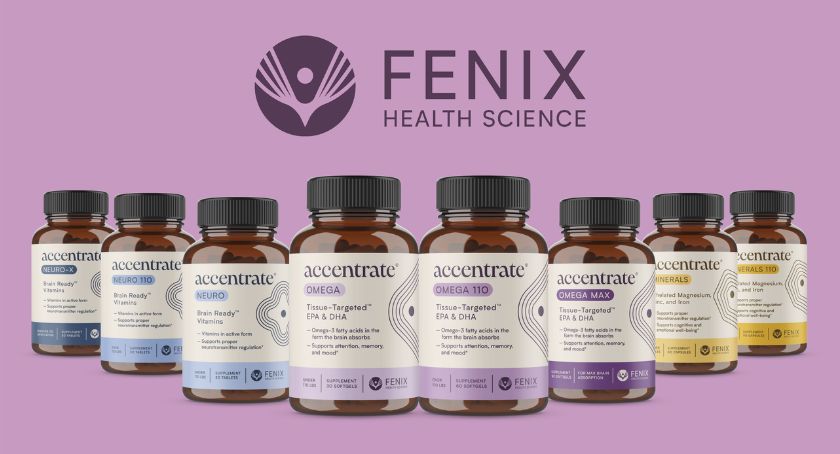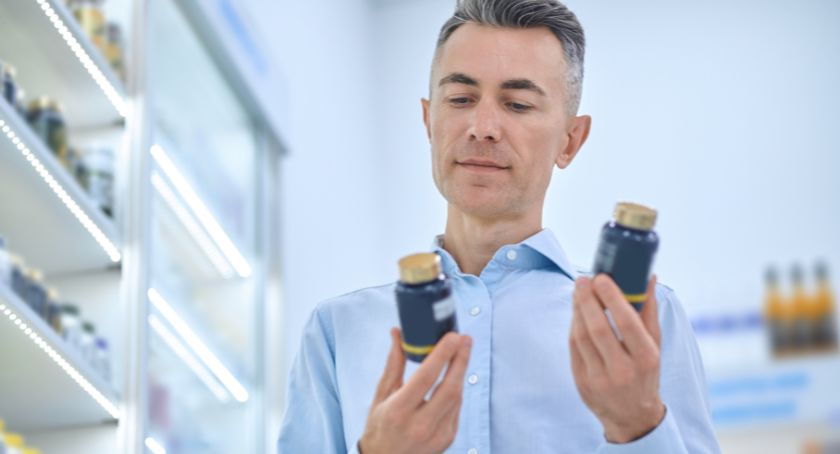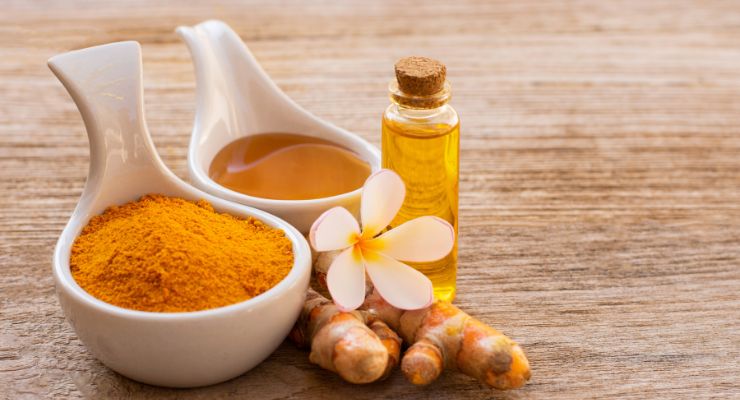Exclusives
Natural Treatments for Alcoholism & Addiction
Nutritional supplementation, herbal medicine, homeopathy, essential oils and various forms of bodywork may be effective treatment options.
By: Miles E. Drake
The problematic use of alcohol and drugs has been present throughout history. Archaeological records indicate the use of plants with psychotropic effects by early hominids, and Australian aborigines may have derived a nicotine-like substance from indigenous plants some 40,000 years before European colonization.
There are many alternatives to hospitalization and pharmaceutical treatment for alcoholism and addiction to other drugs. Many of these have been recognized since ancient times and have been used in various cultures for problematic substance use. This review does not advocate their sole use without medical or addiction medicine input, and it is generally agreed that certain circumstances such as alcohol, barbiturate and benzodiazepine withdrawal cannot be safely managed without conventional medical approaches. Psychological or spiritual support for the life changes necessary to overcome addiction is also generally felt to be important. Complementary, holistic or natural medicine has much to offer for the treatment of substance use problems, however (Holistic Light Addiction Treatment Center).
Diet
Blood sugar variability and in particular hypoglycemia are felt by many addiction and natural medicine specialists to be a crucial part of alcoholism. Alcohol or drug abuse of any severity or duration can produce significant nutritional derangement, and alcohol and most drugs cause significant damage over time to almost all organ systems that nutrition is important to repair.
Well-balanced meals, preferably smaller ones several times a day, with an emphasis on fresh fruits, vegetables, whole grains, beans, nuts, seeds and lean animal protein will assist in restoring nutritional balance and stabilizing blood sugar levels. Sleep disturbances are common in the early phases of abstinence, and may be improved by a bedtime snack of turkey or chicken as a source of the serotonin precursor and sleep facilitator tryptophan. Although the early literature of Alcoholics Anonymous advocated carrying a candy bar in case of hypoglycemia, avoiding refined sugar that will send the blood sugar soaring and then crashing is currently recommended, along with avoiding caffeinated beverages that can trigger craving. Alcoholic beverages should be avoided by people whose problems are with other drugs because of the risk of cross-addiction (Holford, 2004).
Detoxification
Many nutritional and naturopathic authorities recommend periodic fasting and detoxification for health maintenance and treatment of various problems. This is not recommended for those who are embarking upon abstinence or experiencing withdrawal, but supervised detoxification protocols may be helpful after withdrawal symptoms subside to help eliminate the various poisons that have been consumed and toxic byproducts that have accumulated.
Detoxification may take up to four months of optimal nutrition punctuated by monthly fasts of one or two days, with copious amounts of nutritious broths, calming herbal teas, juices and clean water during these. Many people who abuse various substances have neglected fiber intake and are severely constipated, and this is also a natural effect of opioids. Fiber, fluids, stool softeners, gently-stimulating laxatives that are not cathartic and probiotics are appropriate to alleviate this (P. Balch, 2010).
Nutritional Supplements
The supplementation of the diet with vitamin and mineral preparations is sometimes called “orthomolecular (correct molecule) medicine” and has strong advocates in the addiction field, although these nutrients should be used carefully and in a pure form.
A high-potency multivitamin preparation will assist detoxification and stabilize mood. B-vitamins are particularly important in this regard and are generally depleted after a period of drug or alcohol abuse, and 50 mg daily of a B-complex is effective. Chromium plays an important role in stabilizing blood sugar and thus alleviates cravings: 200 mcg two or three times daily is a common recommendation.
The amino acid L-glutamine (500 mg) three times a day on an empty stomach will improve energy levels and stabilize mood, both of which can fluctuate for long periods, both during the period of immediate withdrawal and in the post-acute withdrawal period that can last for up to a year. The serotonin precursor 5-hydroxytryptophan will help with depression and anxiety, and should be taken three times daily (100 mg) on an empty stomach; this should not be taken along with serotonin-affecting antidepressant or anti-anxiety medications, however.
Less important but still helpful nutritional recommendations include d,l-phenylalanine for depression and fatigue, usually 500 mg three times a day between meals. Calcium (500 mg twice daily) and magnesium (250 mg twice daily) help with the common tension, tremor and muscle cramps and twitches. Niacin (vitamin B3) was strongly recommended for alcoholism in the days of AA, including by Bill W. himself, and may now be underutilized because of the occasional occurrence of disagreeable flushing of the skin from blood vessel dilation; a nonflushing form (inositol hexaniacinate) is available, and can be taken 500 mg twice a day.
N-acetyl-cysteine, a derivative of the amino acid cysteine, increases levels of glutathione, which may be the most important antioxidant, and has been a beneficial adjunct for treatment of drug addiction: the usual dose is 300 mg three times daily. Vitamin C also increases glutathione levels, and augments antioxidant effects as well as detoxification at recommended dose of 1000 mg three times a day. Many classic complications of alcoholism, particularly memory disorders, are due to depletion of thiamine (vitamin B1), and supplementation with 200 mg a day or even intramuscular or intravenous injection by a physician may be appropriate (Hoffer & Saul, 2009).
Herbalism
The use of plant components and derivatives for alcohol abuse dates back to classical antiquity in the west, and has long been part of the Chinese, Indian and native American medical traditions.
Milk thistle (Silybum marianum) is a potent liver regenerator and supporter of detoxification, and can be taken 250 mg two or three times a day; a product standardized to an extract of 85% silymarin, the plant’s chief active ingredient, is recommended. St. John’s wort (Hypericum perforatum) augments central serotonin levels and improves mood and energy, as well as supporting immunity. It should not be combined with antidepressant medications because of the danger of excess serotonin (serotonin syndrome), but can otherwise be taken 300 mg three times daily, in tablets or capsules standardized to a 0.3% hypericin extract.
Superfoods or green food supplements like the bacterial extract spirulina or the algae chlorella are plants but make their food by photosynthesis as plants do, and are advocated for support of detoxification as well as their nutritional content. Anxiety is one of the predisposing factors for alcoholism and drug addiction and frequently occurs in recovery, so passionflower (Passiflora incarnate), hops (Humulus lupulus), oatstraw (Avena sativa) and valerian (Valeriana officinalis) are often helpful, usually taken three times a day as a capsule or 3 ml of a tincture, or made into a calming tea.
The South Pacific herb kava (Piper methysticum) has been shown in controlled trials to be more effective than a placebo for anxiety; its legal status is unclear because of reports of addiction and liver toxicity that have led to its prohibition in some countries, but it is legal in the U.S. although chiefly used as tea. The Indian medicinal plant reishi (Ganoderma lucidum) is reported to improve concentration and focus and to enhance liver function and the immune system; 800 mg twice daily is recommended (Stengler, 2010).
Conclusion
The current paradigm for treating alcohol or drug problems often involves inpatient rehabilitation, outpatient therapy, prolonged or lifelong commitment to the 12-step model of drug and alcohol recovery and, frequently, pharmaceutical drug treatment. This is effective, but perhaps for only a minority, and is expensive and has also been effectively criticized.
A large number of other effective treatments using nutritional supplementation, herbal medicine, homeopathy, essential oils and various forms of bodywork are also available, and in some cases have been in use for centuries at relatively low cost and with few if any adverse effects. The proposed reconceptualization of alcoholism and drug addiction as either short-term problems of life or chronic medical conditions requiring outpatient management may make these natural or complementary approaches appropriate for consideration by physicians, counselors, patients and families.
Dr. Drake is a neurologist with over 33 years of experience. He holds degrees from Harvard and Duke Medical School. Dr. Drake sees his patients in New York and Columbus. He is also an opera expert. For more information: /www.holisticlight.com; www.physicalexamnyc.com/our-office/meet-the-doctor








